After The First Time I Was Body Shamed was published, I received several emails containing links to various body acceptance groups. Whilst I appreciate the intention, I have to admit I have a problem with this particular movement.
For some, how we feel about our bodies actually has less to do with our weight and more to do with our relationship with food, something that’s not recognized nearly enough. Besides, acceptance felt like just another thing I’m doing wrong. Whilst I love my body, I don’t completely accept it right now, and I won’t apologize for that. Acceptance would feel like being diagnosed with an illness and refusing treatment to get well.
Also, whilst I’ll never condone a pity party, I believe we need to have deeper conversations about why women feel the way they do about their bodies and provide support, not try to force acceptance. Here’s a simple example: When loved ones say, “I’m fat,” it’s an invitation to have a discussion, yet we swiftly shut one another down with cries of, “No, you’re not!” or suggest positive things to focus on instead.
When I’ve said, “I’m fat,” what I was doing was expressing pain. And I wonder how different my life would have been had someone been willing to listen to that pain. These feelings need to be heard, and we can’t listen if we’re shutting one another down, or tritely suggesting all the ways we should be grateful for what we have.
Women, we’re mostly brilliant at making those around us feel comfortable, but sometimes our need to do so is also our downfall. If we want anything to change, then we need to become skilled at having uncomfortable conversations. We need to start asking why an issue exists, and be prepared to dig deep to get honest answers. It’s only when we get to the root of problems that we’ll find solutions.
I know my body acceptance won’t be achieved simply by losing weight, either, because that wouldn’t address the issues I have with my relationship with food: What I eat, why and even how I eat. From my healing work and research to date, it became obvious to me that whilst I no longer diet, I still wasn’t eating normally. Diets and weight loss frequently appear to be the other obvious solutions to improving body image, but how often have you lost weight only to feel like you’re living precariously, uncertain if you can maintain the status quo?
Whilst I applaud body acceptance groups and recognize the people they do help, there are others who need to feel safe expressing their feelings too. Instead of making room for everyone’s voice, I feel like only one collective voice is being heard.
So, I’m exercising my right to love, but not fully accept my body, but I’m making changes to become the best possible version of me. And I know the route isn’t pretending everything’s just fine the way it is, or another diet and weight loss. It’s healing my relationship with food. Now that’s empowering.
The Pro-Body Project is published fortnightly. You can read the first entry here or the next entry, “New Year’s Resolution: Anti-Diet” here.
SaveSave

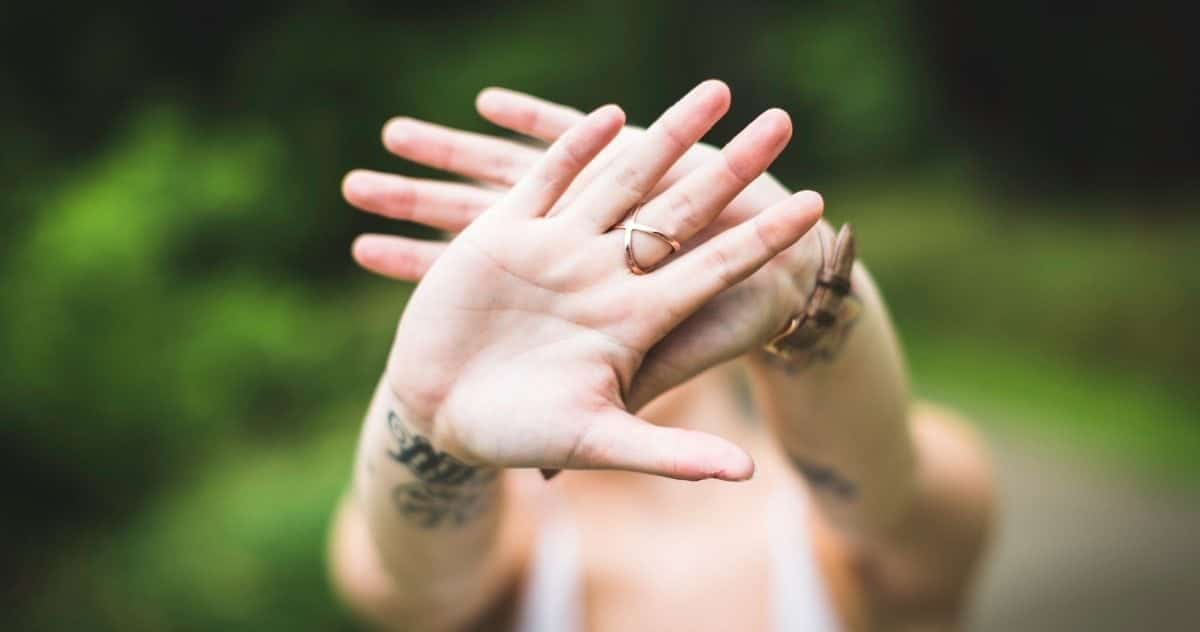
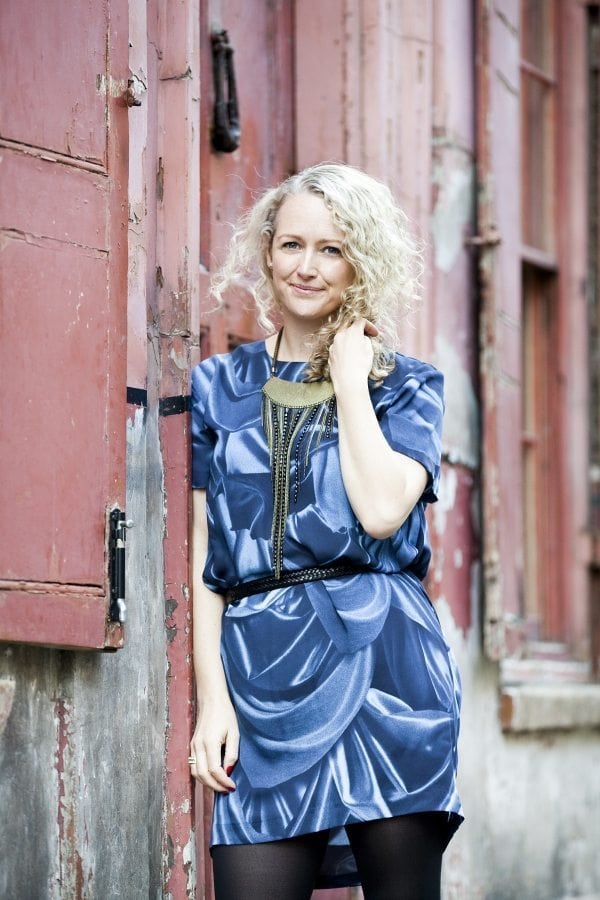
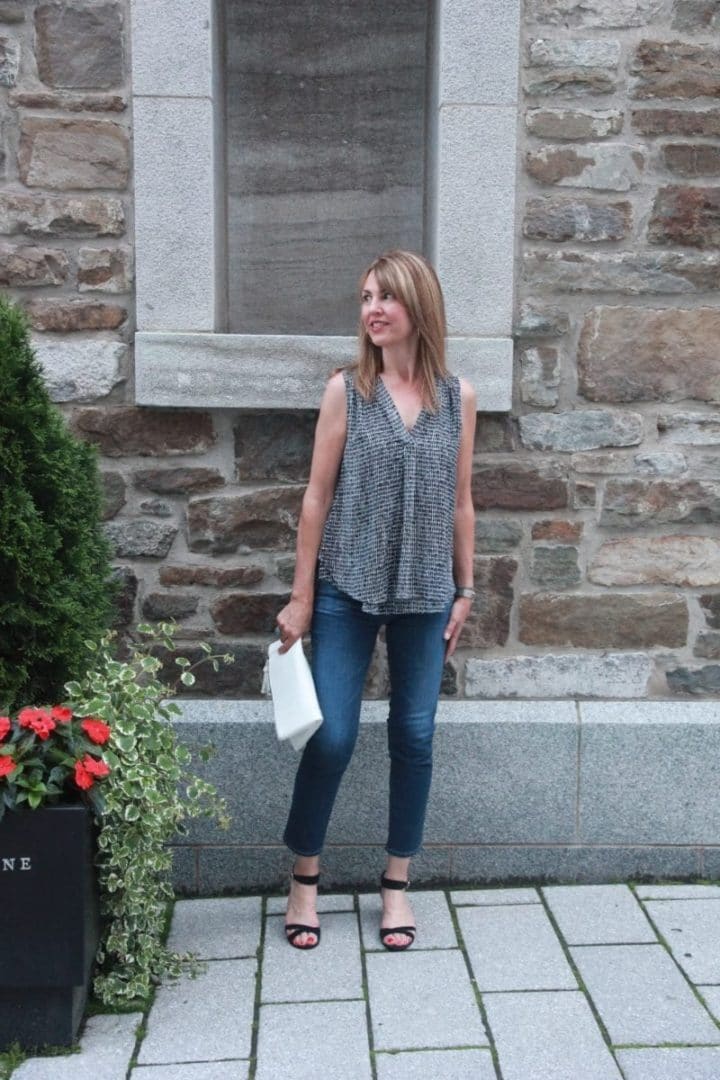

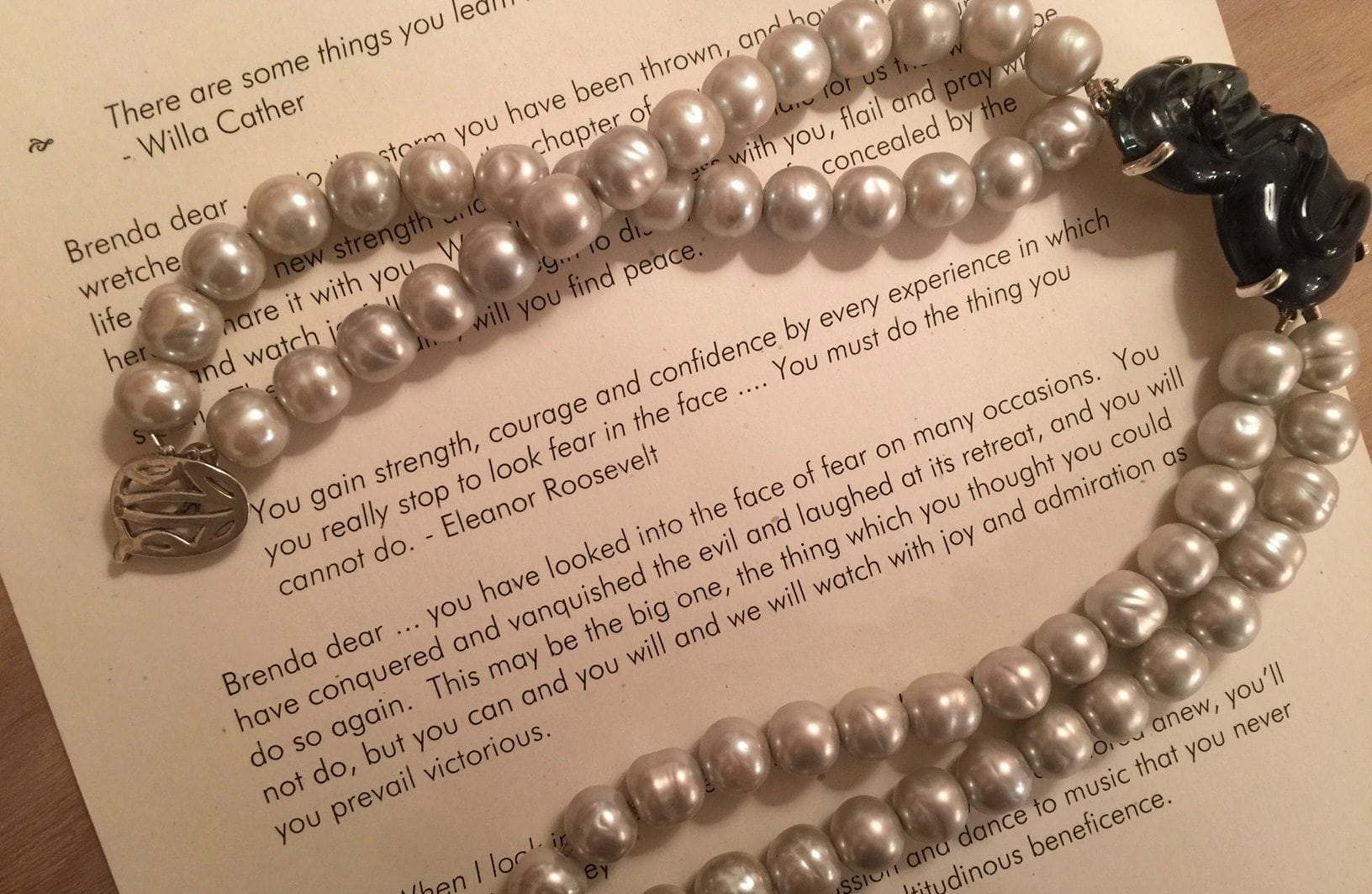
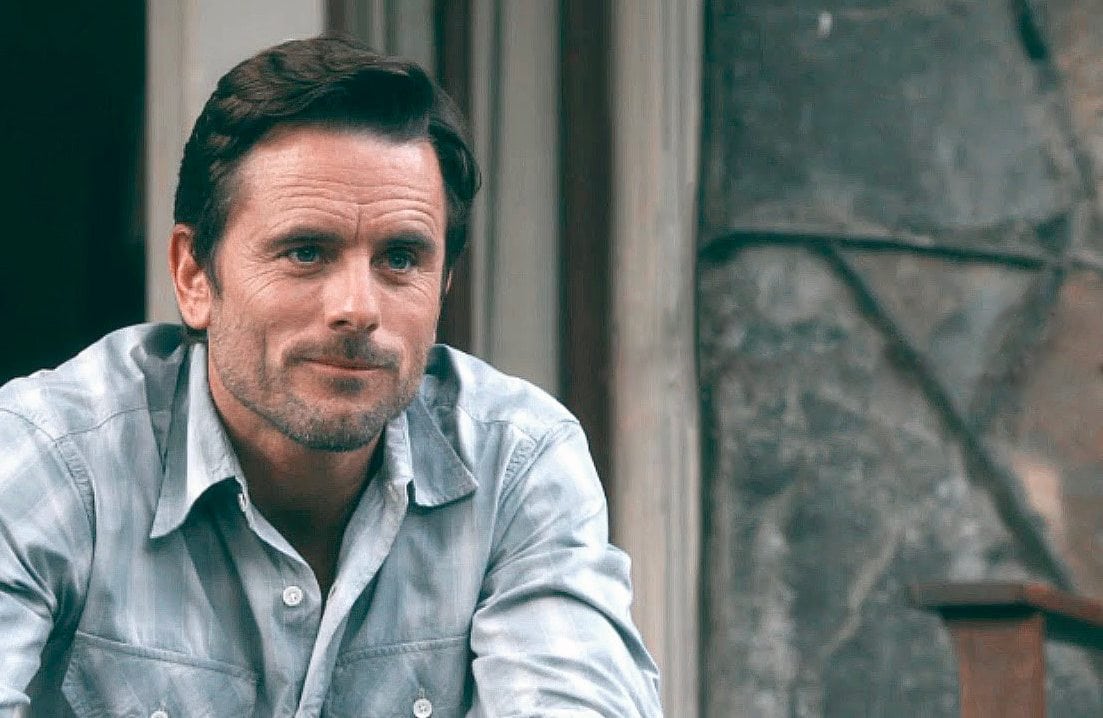




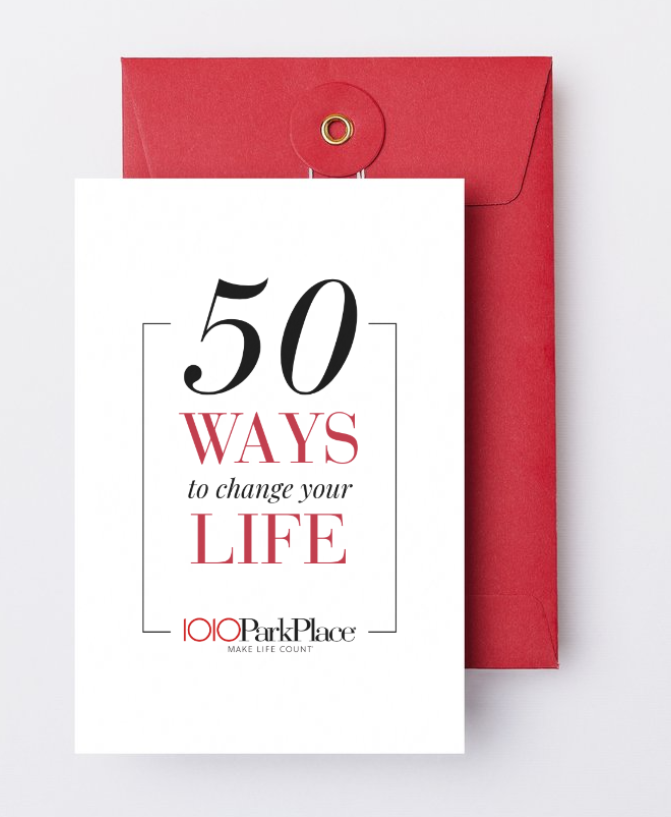
10 thoughts on “There’s A Problem With The Body Acceptance Movement”
I’m a work in progress, too. The operative word is progress’! 🙂
And there’s nothing wrong with that, Diane! I love what Sophia Bush says, “You are allowed to be both a masterpiece and a work in progress, simultaneously”. So, love yourself but give yourself permission to change, too. I don’t want a life where I accept being anything less than being my best self – but I also make the rules about what ‘best self’ means. And just because society treats women as second-best, doesn’t mean I have to treat myself that way. Thanks for commenting! Esther xx
I don’t think we totally accept they way we look, but knowing why things bother us so much goes a long way in healing some. I’ve been a work in progress all of my life after living in a household full of smartass boys.
“God grant me the serenity to accept the things I cannot change, the courage to change the things I can, and the wisdom to know the difference” – Reinhold Niebuhr. I’m spouting quotes again (see above!) but I feel this one really hits home. And I agree, knowing why things bother us so much DOES go a long way in healing. I can only speak for myself, and I recognise that this is a complex topic, but I do believe I can love myself fully but also recognise areas where I can improve and be my best self. So, as long as I’m not obsessing, why would I accept anything less? I hope those smartass boys are kind men now, I have a friend whose brother told her daily that she was ugly. His teasing left a wound that took a lot of time and work to heal. Thanks for commenting. Esther xx
“If we want anything to change, then we need to become skilled at having uncomfortable conversations.” Yes! So happy you are raising these issues. In the age of expected continuous improvements, we need to have conversations about what is enough. Love this series. xo
Jen, thanks for the kind words of encouragement! And I realise this topic isn’t black and white, everyone is different – so I can only speak for myself and share my experience. My take on it is that I want to be my best self – at whatever stage of life I’m at – but I get to make the rules about what that actually means for me personally. So, achievable and realistic rules – not trying to attain some impossible image of someone else. And if having difficult conversations empower other women to do the same, then they’re conversations worth having. Esther xx
I find age acceptance to be a bigger problem. My weight is the same as it was in my 20s but let’s face it, it doesn’t LOOK the same. Honestly, for me, this whole conversation is getting old. Relationship with food rarely has anything to do with the food.
I’m with you Kathy. Weight problems rarely have anything to do with food. Between my junior and senior year of high school I gained 20 pounds that summer, and it was because I was unhappy, no hungry. This is such an important conversation to have, so I’m glad Esther is delving into it with such honesty. Brenda
Thank you, Brenda. Essie xx
Hi Kathy, thanks for commenting. And similar to what Brenda has already said, weight problems have far less to do with food – or our relationship with food – than what’s going on at an emotional level. This topic may be getting old, but until we start getting really honest about why so many of us are numbing our emotions with the contents of the cupboard, it’s not going to go away. And it doesn’t feel old to anyone more than the ones living through that particular experience. Esther xx
Comments are closed.